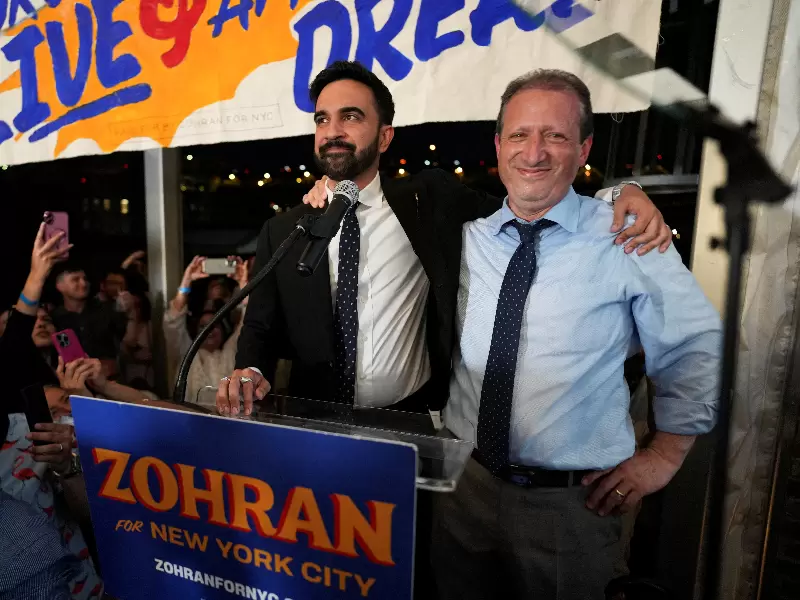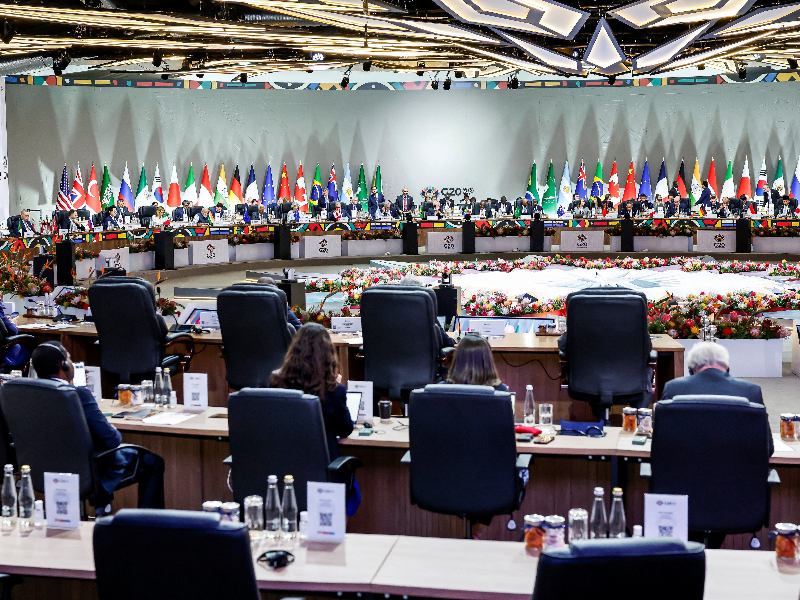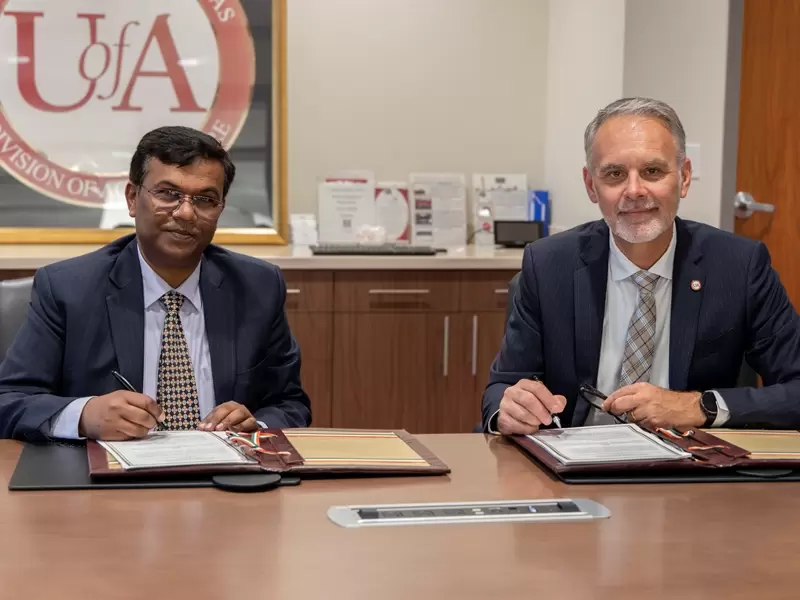Rep. Krishnamoorthi moves to double H-1B visa cap
The High-Skilled Immigration Reform for Employment (HIRE) Act seeks to ease longstanding shortages of specialized workers across critical and emerging technology sectors.
 Raja Krishnamoorthi / File Photo
Raja Krishnamoorthi / File Photo
Congressman Raja Krishnamoorthi (D-IL) reintroduced a bill placing its central emphasis on a major change to U.S. high-skilled immigration policy: doubling the annual cap on H-1B visas from 65,000 to 130,000.
The High-Skilled Immigration Reform for Employment (HIRE) Act seeks to ease longstanding shortages of specialized workers across critical and emerging technology sectors.
Also Read: Former U.S. lawmaker alleges fraud in India’s H-1B data
The H-1B program typically sees demand far exceed supply within days of the application window opening, with employers saying the current cap no longer reflects workforce needs in areas such as artificial intelligence, semiconductors, advanced computing, and engineering.
Krishnamoorthi said the expansion is intended to ensure companies can hire the specialized talent needed to maintain U.S. competitiveness.
“To build the jobs and industries of tomorrow, America must stay at the forefront of innovation by strengthening our own workforce while continuing to welcome top talent from around the globe,” he said. The legislation pairs the proposed visa increase with funding to “boost STEM education in our elementary and secondary schools.”
Alongside the H-1B cap increase, the HIRE Act directs new federal investment to K–12 STEM programs to strengthen the long-term domestic talent pipeline. Lawmakers and industry groups have cited the skills gap as a persistent barrier to economic growth.
The bill has drawn support from the IT services industry. ITServe Alliance, the nation’s largest association of IT services organizations, said the measure modernizes a system that has not kept pace with demand.
Raghu Chittimalla, the group’s governing board chair, called it “an important step toward modernizing our high-skilled immigration system.” Anju Vallabhaneni, national president of ITServe Alliance, said the legislation “strengthens the pathway for U.S. employers to recruit and retain the best global talent while protecting American workers.”
The reintroduction of the HIRE Act comes amid growing debate in Congress over high-skilled immigration rules and wage protections for domestic workers.
According to the Pew Research Center, nearly 400,000 H-1B applications were approved in fiscal year 2024, though only a fraction counted toward the annual cap due to renewals and exemptions. The cap for new visas remains oversubscribed every year.
The H-1B program, created to address temporary shortages of specialized skills, has evolved into a major pathway for high-skilled immigration. The cap system and prevailing wage rules are widely considered outdated, and researchers note that many U.S. STEM graduates work outside their fields and that engineering wages have remained largely stagnant when adjusted for inflation.
ADVERTISEMENT
ADVERTISEMENT
E Paper
Video



 Malvika Choudhary
Malvika Choudhary











Comments
Start the conversation
Become a member of New India Abroad to start commenting.
Sign Up Now
Already have an account? Login